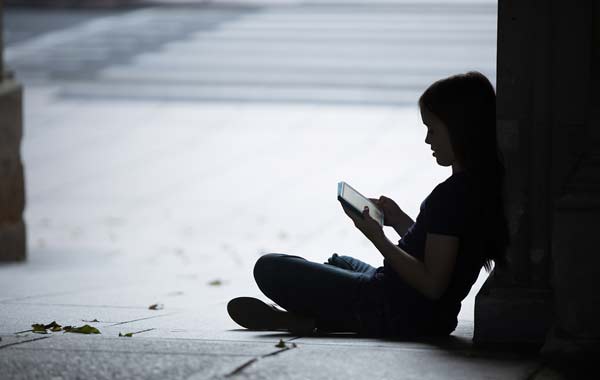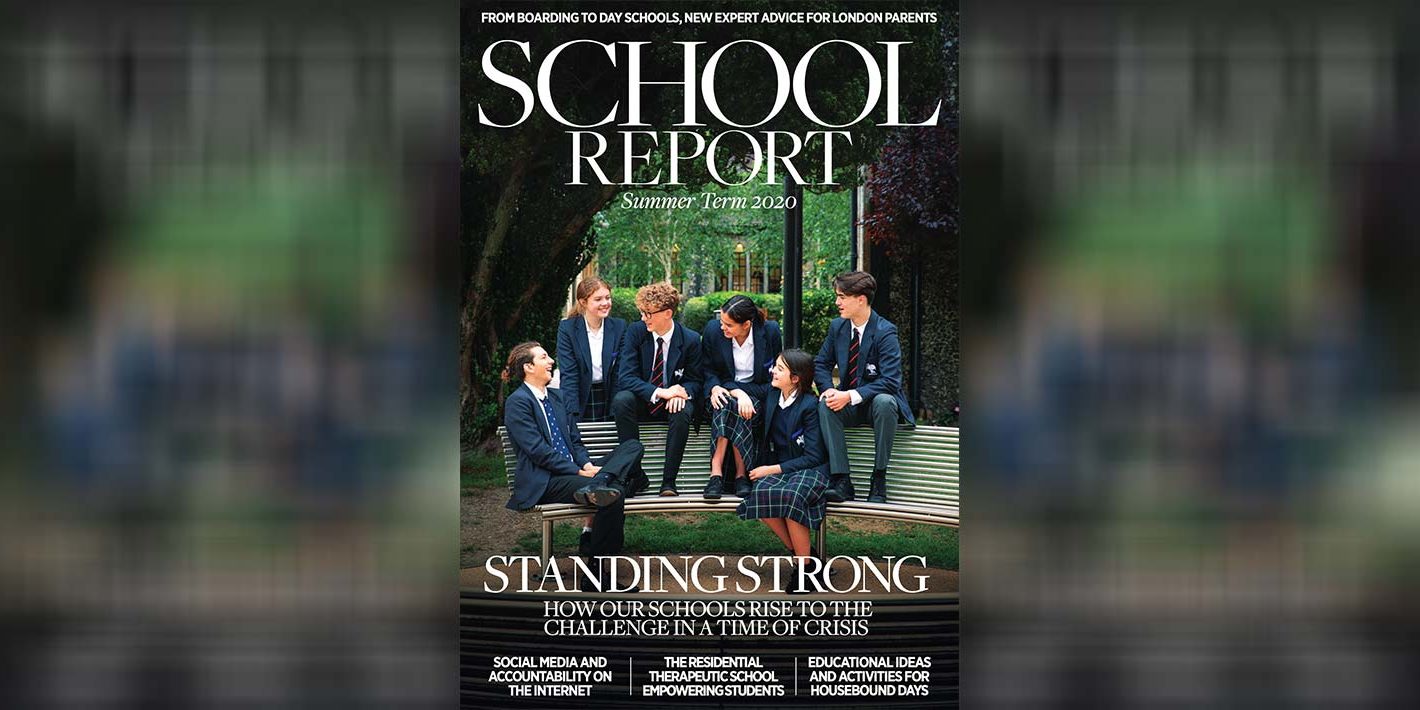Almost 30 years after its invention the unregulated and uncontrolled use the worldwide web is beginning to show its effects. After mass scale hackings, data mismanagement scandals and spikes in mental health crises, the public is waking up to the darker side of the www. Sadly, our much-loved social media can be very dangerous place. Only recently, social media played a part in the tragic suicide of a popular TV presenter. Her previous mental health problems were amplified by “trolls” and abusive comments on the internet. The resulting push to #BeNice and the discussions surrounding the horrors of ‘trolling’ on social media have put our approach and use of social media and the web back in the spotlight.
 This dark side of the web has also reached our children in form of cyberbullying, uncontrolled access to age inappropriate content and over sexualisation. Our children have no longer the luxury of being able to make their own mistakes because “the internet never forgets”.
This dark side of the web has also reached our children in form of cyberbullying, uncontrolled access to age inappropriate content and over sexualisation. Our children have no longer the luxury of being able to make their own mistakes because “the internet never forgets”.
The launch of the Royal Foundation ‘Heads Together’ campaign to tackle stigma and change the conversation on mental health also highlighted the need to take seriously as an issue for young people the abuse on the web and on social media.
In March this year the charity Childline reported a significant increase in the number of 11 year olds calling with suicidal feelings. Most of those reaching out were teenagers, but there has also been a sharp rise in under 11’s receiving help – up 87% since 2015/16.
One of the many examples, is the tragic case of Molly Russell who took her own life after viewing graphic content about self-harm and suicide on Instagram in 2017. Once she started following #suicide, the platform’s algorithm kept adjusting her feed to related content. Her father, who has since started the Molly Rose Foundation, is fighting against the ease of availability in graphic content depicting methods of suicide or self-harm on social media. Even though Instagram & Co. have pledged to remove thousands of harmful content pieces, their algorithm still shows tailored content based on user likes and follows.
The root cause of tragedies such as Molly’s, and more recently Caroline Flack, is the lack of accountability on both the sides – social media platforms as well as the individuals using the services. Social media platforms must take more responsibility on what is being circulated through their platforms while we as users have also a part to play in making social media safer for both children and adults. Some 30 years on from what started as a true force for good and positive global sharing, needs to be reassessed given the consequences of its misuse in society today.
This article from Dilara Cabuk at Gabbitas, first appeared in the Summer 2020 edition of School Report magazine


